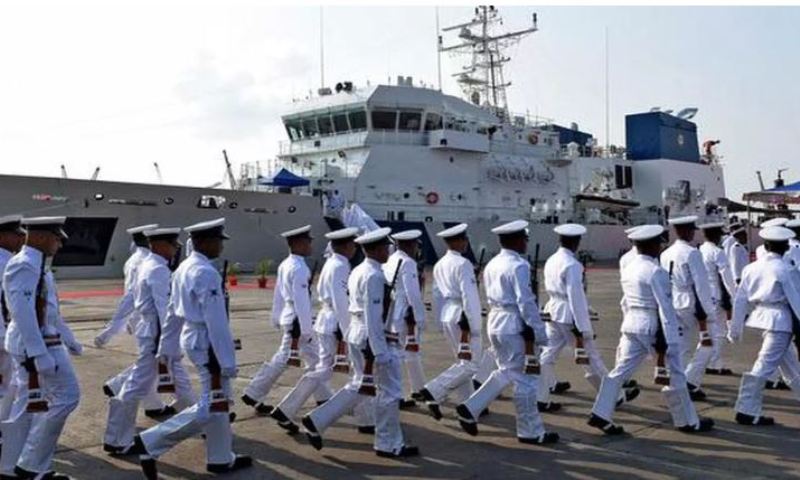
Indian crew world’s most abandoned seafarers, union figures show
LONDON : Indians are the most abandoned nationality of seafarers with 411 already recorded for this year to surpass last year’s 401, a UK-headquartered global union of transport workers has said.
The International Transport Workers’ Federation (ITF) wants to draw attention to the plight of seafarers who are abandoned, where a shipowner abandons its responsibilities for the ship and its crew.
In recent years, the ITF and its affiliates have dealt with over 100 abandonment cases each year affecting over 1,000 seafarers all over the world. Last year, the union recorded 1,983 abandoned seafarers of which 401 were Indians and so far in 2024, of the 1,672 abandoned seafarers 411 are Indian nationals. In terms of live ongoing cases, two vessels are currently anchored in the UAE with 16 all-Indian crew members abandoned aboard in extreme conditions. “In 2024, Indian seafarers are the most abandoned nationality of seafarer, followed by Filipinos and Syrians,” reads an ITF analysis. “Today, 16 Indian seafarers are stuck on board two vessels in deplorable conditions in the United Arab Emirates,” it notes. Of these two vessels, Seashine 7 on Sharjah OPL anchorage for two months has six Indian crew on board for between five and eight months.
ITF says they are owed more than USD 40,000 in unpaid wages and no valid insurance provider has been identified. There are low provisions on board and the air conditioning is not working amid the scorching May temperatures of Sharjah.
The second abandoned ship is Sunshine 7, which has been at Dubai anchorage for 20 months with 10 Indian nationals on board, seven of whom are requesting ITF assistance. They have reportedly not been paid for between five and 18 months and are owed a total of more than USD 35,000.
The generator is turned on for only one hour every day, controlled by so-called ‘company’ seafarers on board who have not complained to the ITF. There is no refrigeration or air-conditioning and the crew are sleeping on the deck because it is too hot in the cabins. ITF said the passports of some of the crew requesting assistance have been taken by the company.
The union is raising awareness around its campaign related to the misuse of the ‘Flags of Convenience’ (FOC) system. An FOC vessel is one that flies the flag of a country other than the country of ownership, at the same time adopting the regulations set down by that flag.
London-headquartered ITF notes: “FOCs offer countries without their own shipping industry a way to make easy money. The country can set up ship registries and charge fees to shipowners, while having none of the crew safety and welfare responsibilities of a genuine flag state.”
“The real ship owner (what the ITF calls the ‘beneficial owner’) benefits from having their identity hidden and adopting the often-poor regulatory standards of the flag, which can also include no restriction on the nationality of a crew. In many cases, these flags are not even run from the country concerned,” said ITF.
The union’s FOC campaign has two elements: a political one to eliminate the FOC system by achieving global acceptance of the need for a genuine link between the flag a ship flies and the nationality or residence of its owners, managers and seafarers; and an industrial campaign to ensure that seafarers who serve on FOC ships, whatever their nationality, are protected from exploitation by shipowners.
ITF says the latter has shown some results in enforcing decent minimum wages and conditions on board thousands of FOC ships.
“The ITF has worked tirelessly to raise awareness throughout the seafarer community about what abandonment is and how to seek help,” the union said.
“The ITF has a zero-tolerance stance on abandonment. Our inspectorate of over 130 trained inspectors across 120 ports in 59 countries routinely inspect ships to check conditions on board, and ensure contracts are being adhered to. They also respond to distress calls from seafarers,” it added.
Source : Deccan Herald

